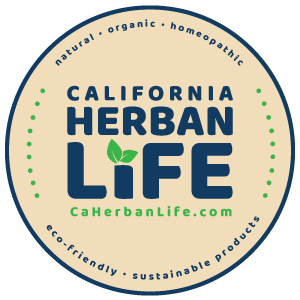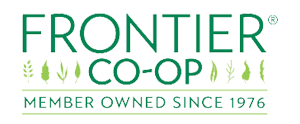Fair for Life promotes an approach of Fair Trade that allows all producers and workers who are at a socio-economic disadvantage to access a wider range of social and economic benefits. Fair Trade is part of a broader context of sustainable development within a region that safeguards and supports the local social fabric, particularly in rural settings. These principles hold true equally well in the Global South as the Global North and apply throughout the whole supply chain covering producers, traders, manufacturers and brand holders.
Fair For Life advantages
- The possibility to recognize other schemes that can be complementary, enabling synergies and a wider sourcing
- An independent third-party certification
- An internationally recognized programme, based on key baseline reference standards (International definitions of Fair Trade, ISO 26000, ILO conventions, social criteria of IFOAM, etc.)
- An approach of continuous improvement, and the possibility to assess overall performance with regards to fair trade
- The ability to source Fair Trade ingredients from any country (South & North)
Certification Programmes for Fair Trade within responsible supply chains and Corporate Social Responsibility.
A world where trade is a driving force for positive and sustainable change benefiting people and their environment. The two programmes apply worldwide and multi sectorial.
Fair for Life is a certification programme for fair trade in agriculture, manufacturing and trade. It was created in 2006 by the Swiss Bio-Foundation in cooperation with the IMO Group, then taken over by the Ecocert Group in 2014 to meet a specific demand from organic farming stakeholders.
Beyond the inherent concept of fair pricing, and from the very beginning of its creation, Fair for Life has been aware of the notion of “responsible supply chains“: having a long-term vision, making a sincere commitment and acting responsibly throughout the supply chain.
The label encourages a supply chain business model that aims at the resilience of each link. Fair for Life certification is a tool that enables the valorisation and protection of exemplary supply chains, where stakeholders have chosen to act responsibly by implementing good economic, social and environmental practices. By following the framework defined by Fair for Life certification, producers, processors and brand owners can secure their sales and supplies, thanks to tools such as long-term contracts that include fixed prices and volumes, and by establishing a real partnership between them.
Today, Fair for Life brings together a community of more than 700 certified companies and organisations in over 70 countries. Their commitment in Fair for Life directly impacts 235,000 producers and workers and generates nearly €1 billion in certified products sales.




